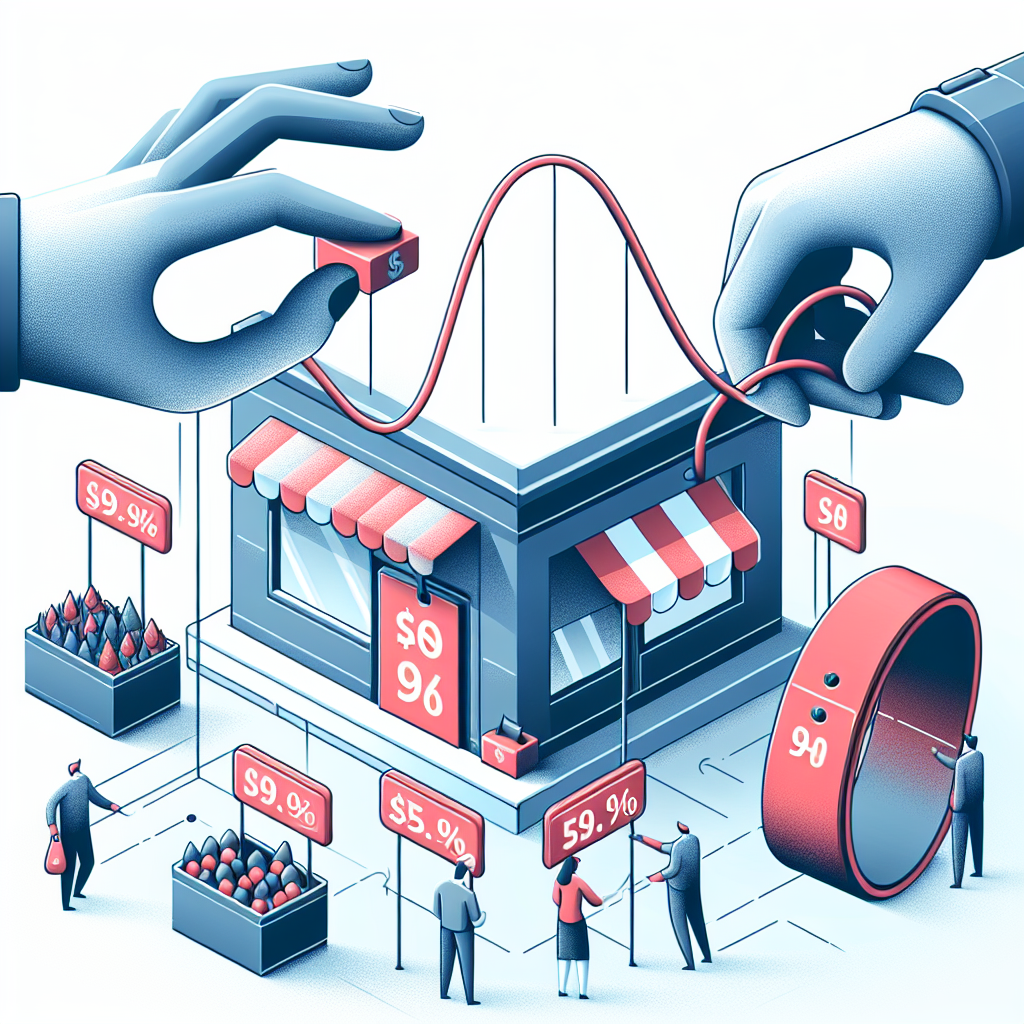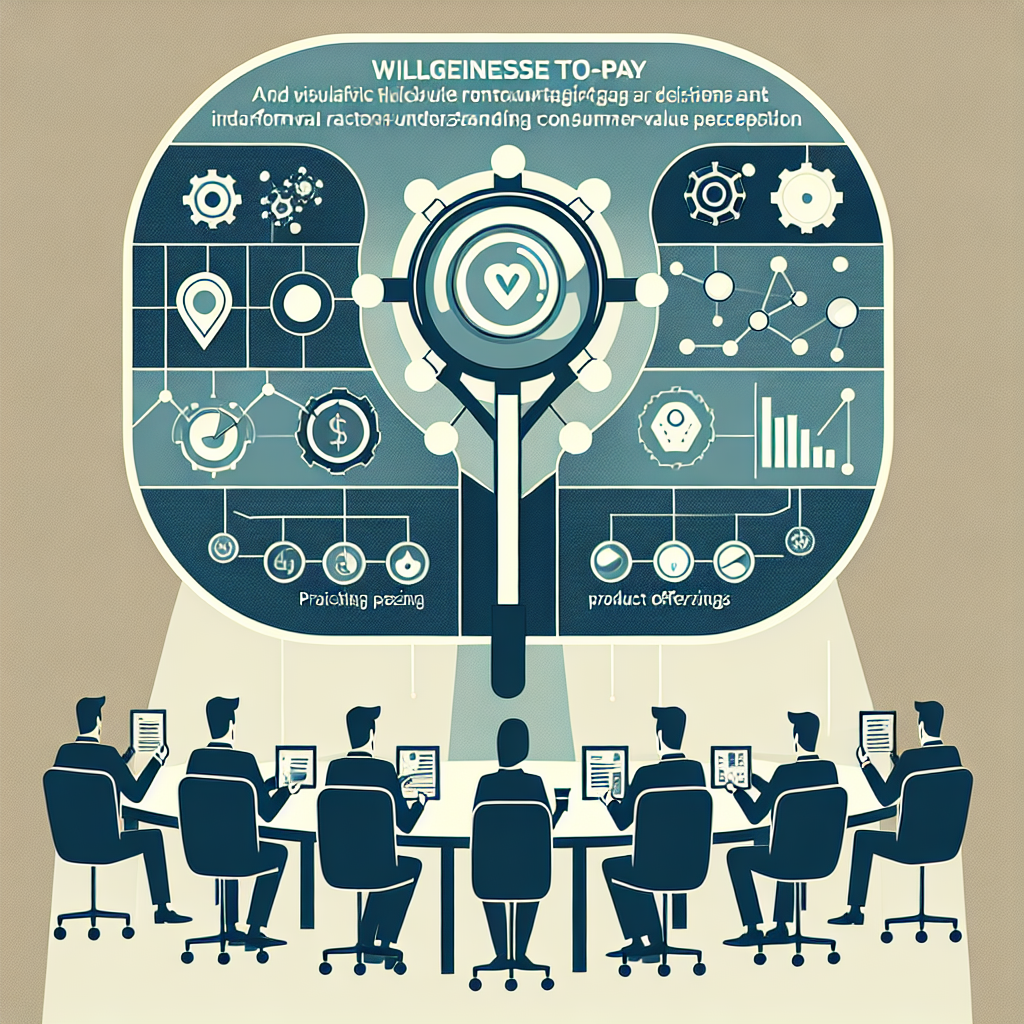Agile vs. Traditional Research: When to Use What
The moment of clarity came during what Neeraj's team thought would be a routine product development milestone meeting. Neeraj, who hails from a research background, was grappling with the fact that their traditional six-month research plan was only halfway complete, while their main competitor had launched a remarkably similar concept. Their colleague Marcus, a recent addition to the team from a tech company, appeared genuinely puzzled. He asked why they were still researching when the competitor had already shipped their product. Neeraj explained the need to complete their validation before proceeding, but Marcus shared insights from his previous team’s approach—conducting three rapid research sprints of just two weeks each, iterating and improving with each cycle. Marcus pointed out that by the time they finish validating the perfect solution, the market opportunity might have passed them by.
This conversation had a profound impact on Neeraj’s understanding of the relationship between research timelines and business outcomes. It highlighted that while methodological perfection is valuable, it sometimes comes at the cost of missing market opportunities. Conversely, cutting corners could lead to even more expensive mistakes. Neeraj realized that finding the right approach for each business question is now the central challenge of modern research leadership.
Introduction: The Methodological Spectrum in Marketing Research
The evolution of marketing research methodologies reflects broader business environment changes—from the deliberate, structured approaches that dominated the pre-digital era to the rapid, iterative methodologies inspired by software development practices. This evolution doesn't represent replacement but expansion of the researcher's toolkit.
The integration of agile principles into research represents what the Journal of Marketing Research describes as a "fundamental rethinking of the relationship between speed, certainty, and business value." Research from Bain & Company indicates that organizations employing contextually appropriate research approaches—sometimes agile, sometimes traditional, often hybrid—demonstrate 31% faster time-to-market with no corresponding increase in product failures.
As research methodology expert Lenny Murphy observes, "The most dangerous phrase in research today isn't 'let's do it quickly' or 'let's do it thoroughly'—it's 'we always do it this way.'"
1. Trade-offs in Depth vs. Speed
Risk-Appropriate Methodological Selection
Different business contexts demand different methodological priorities:
- High-investment decisions warrant deeper methodological approaches
- Reversible decisions can leverage faster, iterative methods
- Category maturity influences research depth requirements
- Competitive landscape affects speed imperatives
Consumer electronics giant Samsung employs a "research risk matrix" that matches methodology selection to business context—full traditional validation for major platform launches, rapid agile approaches for feature enhancements, and hybrid models for mid-tier innovations.
Statistical Confidence vs. Directional Insights
Understanding when precision matters most:
- Representative sampling for critical quantification needs
- Directional research for exploratory objectives
- Sequential research designs that begin broad and narrow progressively
- Iterative approaches that build confidence through multiple smaller studies
Financial services firm American Express employs tiered confidence frameworks—requiring 95% confidence intervals for core product changes but accepting 80% confidence with larger margins of error for experience enhancements that can be easily modified post-launch.
Longitudinal Understanding vs. Immediate Feedback
Balancing time horizons in research planning:
- Tracking studies for trend detection and long-term understanding
- Rapid response research for immediate decision support
- Hybrid designs that maintain core metrics while adding agile modules
- Predictive approaches that forecast outcomes from early signals
Consumer packaged goods leader Unilever maintains continuous tracking studies across its core brands while simultaneously deploying rapid three-day research "sprints" for immediate innovation feedback, recognizing both time horizons deliver essential but different forms of intelligence.
2. Sprint-Based Research Models
Rapid Research Cycle Frameworks
Structured approaches to accelerated insights:
- One-week research sprint structures
- 24-hour insight turnaround models
- Parallel workstream research designs
- Sequential building block methodologies
Innovation consultancy IDEO pioneered five-day research sprints that move from problem definition through observation, ideation, prototyping, and testing—a model now adapted by numerous consumer goods companies for specific research contexts.
Iterative Learning Systems
Building knowledge through sequential research cycles:
- Build-measure-learn research frameworks
- Insight validation through multiple methods
- Progressive confidence building approaches
- Hypothesis refinement through continuous testing
E-commerce retailer Wayfair employs two-week research cycles that incorporate both qualitative and quantitative elements, with each cycle designed to validate or challenge findings from previous sprints, creating what they call "progressive certainty."
Research Debt and Technical Compromises
Understanding the true costs of methodological shortcuts:
- Identifying appropriate methodological compromises
- Quantifying uncertainty in accelerated approaches
- Establishing minimum viable research standards
- Creating research debt repayment strategies
Technology company IBM maintains a "research debt registry" that documents methodological compromises made for speed, scheduling recurring "debt repayment" studies that revisit critical assumptions with more rigorous approaches when time allows.
3. Team Structures
Cross-Functional Integration Models
Organizational designs that enable methodological flexibility:
- Embedded researchers within business teams
- Methodological specialist centers of excellence
- Hybrid models with core teams and embedded specialists
- Agile research squads for specific business challenges
Hospitality company Marriott restructured its insights function to include both a centralized research center of excellence and embedded researchers within business units, allowing methodological consistency while enabling speed through proximity to decision-makers.
Skill Diversity in Research Teams
Building teams with complementary methodological expertise:
- Quantitative specialization for statistical rigor
- Qualitative expertise for contextual understanding
- Agile research specialists for rapid approaches
- Integration experts who connect methodologies
Pharmaceutical company Johnson & Johnson deliberately builds research teams with "methodological diversity," ensuring teams include both traditional research specialists and agile practitioners, creating what they term "methodological bilingualism."
Tools and Technology Integration
Enabling faster insights through appropriate technology:
- Automated research platforms for routine needs
- DIY tools for business-led studies
- Enterprise research platforms for consistent approaches
- Real-time reporting systems for continuous learning
Software company Adobe developed a tiered research technology stack that includes enterprise platforms for deep studies alongside agile tools that enable business teams to conduct simple studies independently, reducing research bottlenecks while maintaining quality standards.
Conclusion: The Contextual Future of Research Methodology
The future of marketing research lies not in choosing between traditional and agile approaches but in developing the wisdom to select the right approach for each specific business context. As research automation and AI continue to transform what's possible, the essential skill becomes methodological discernment—understanding which questions require depth, which require speed, and how to design approaches that deliver the optimal balance for each specific business context.
The most effective research leaders are developing what might be called "methodological contextuality"—the ability to precisely match research approaches to business needs, unconstrained by habitual methods or departmental comfort zones.
Call to Action
For marketing research leaders looking to build more adaptive methodological capabilities:
- Develop clear decision frameworks for matching research approaches to business contexts
- Build teams with diverse methodological expertise spanning traditional and agile approaches
- Invest in technology platforms that enable methodological flexibility without sacrificing quality
- Create explicit "research risk" frameworks that help business partners understand trade-offs
- Establish continuous learning systems that evaluate the effectiveness of methodological choices
The future belongs not to organizations that execute a single methodology with excellence, but to those that deploy the right methodology at the right time for the right business question—creating a competitive advantage through methodological adaptability in an increasingly complex and rapidly changing marketplace.
Featured Blogs
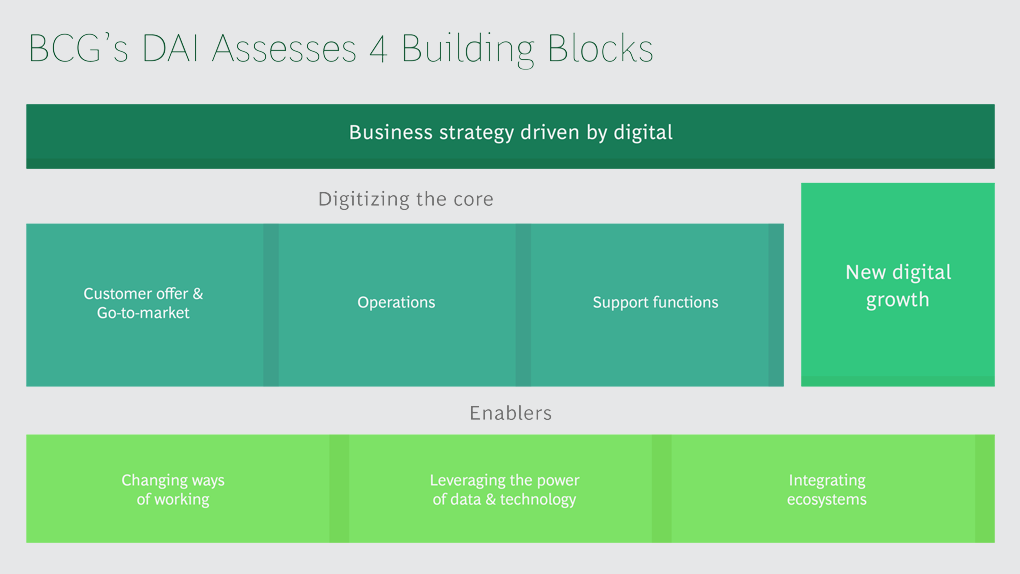
BCG Digital Acceleration Index
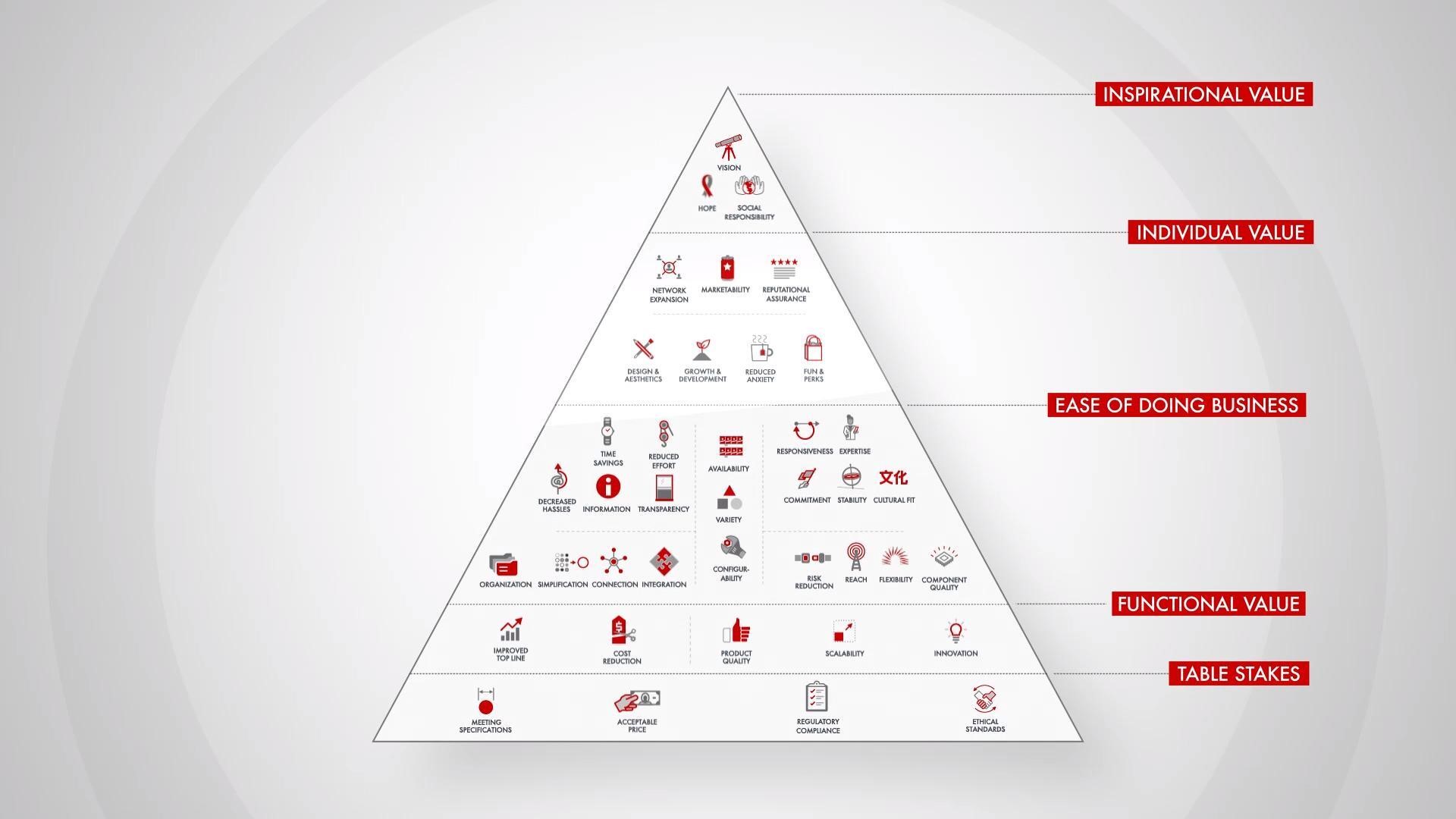
Bain’s Elements of Value Framework
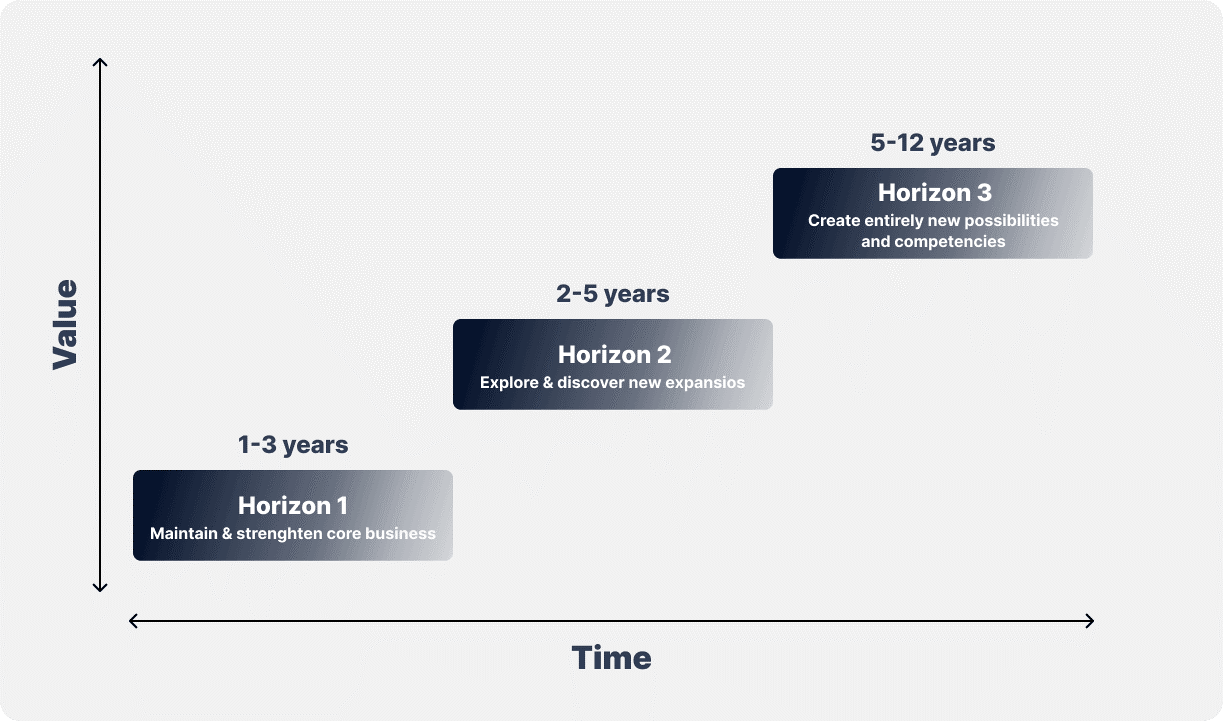
McKinsey Growth Pyramid
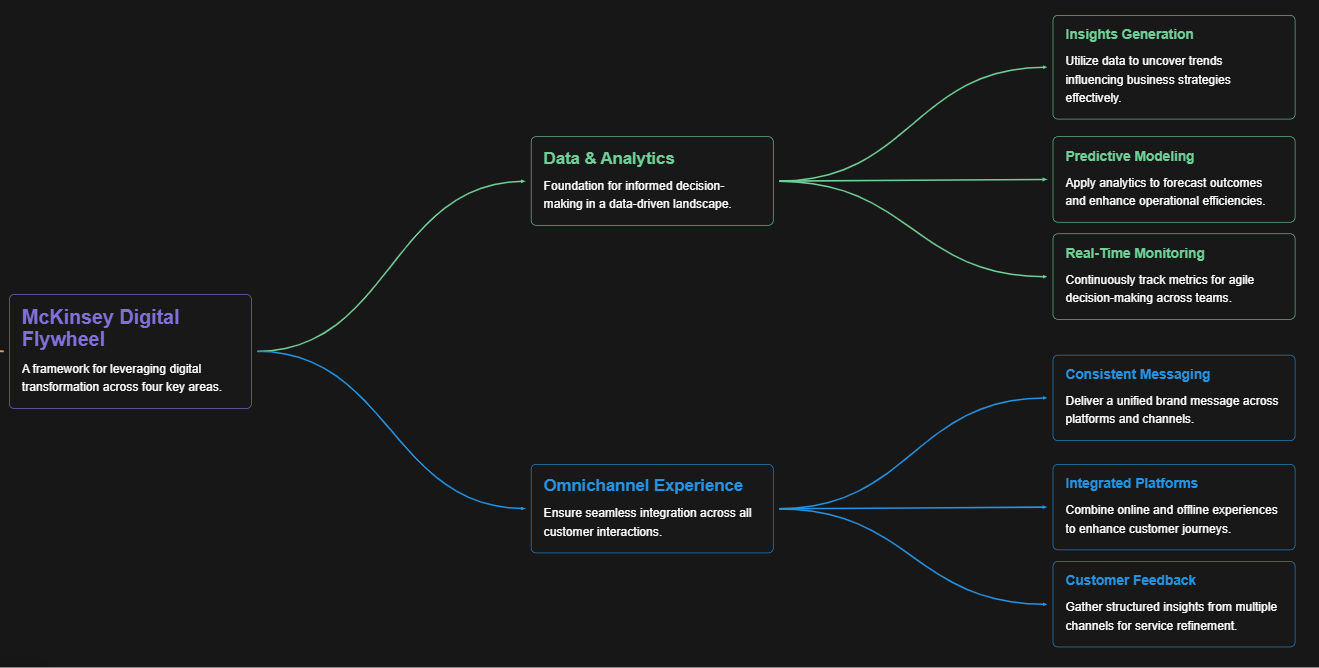
McKinsey Digital Flywheel
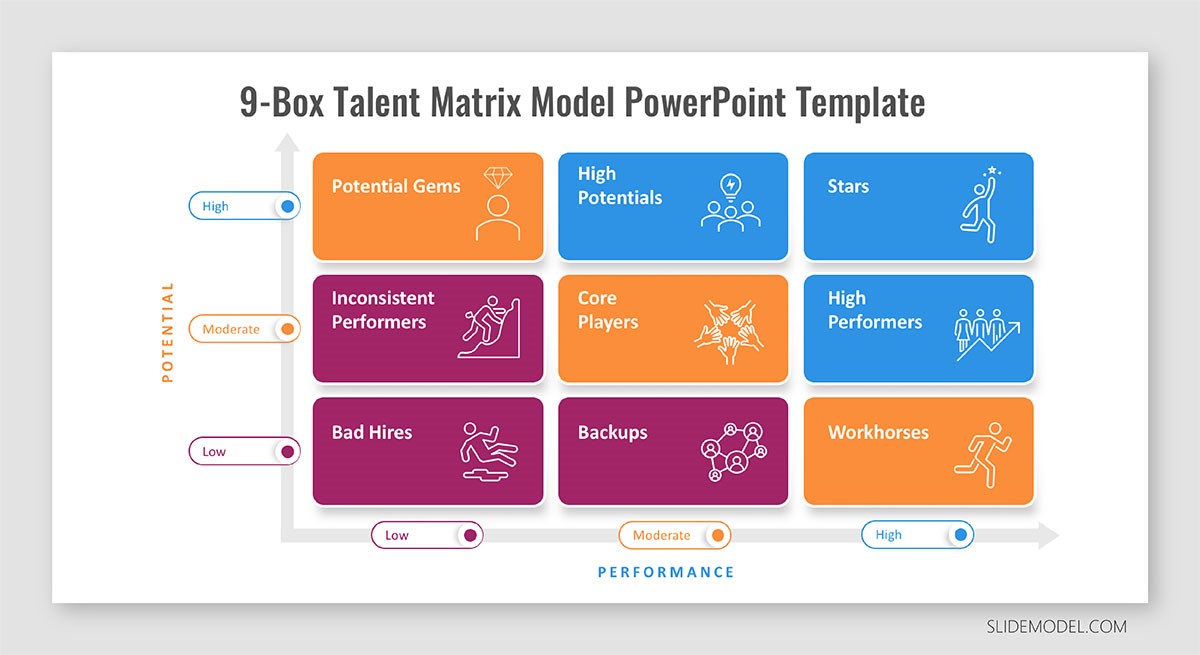
McKinsey 9-Box Talent Matrix
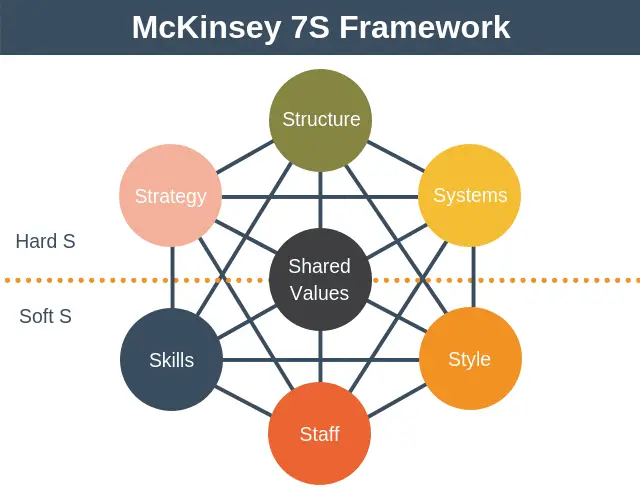
McKinsey 7S Framework
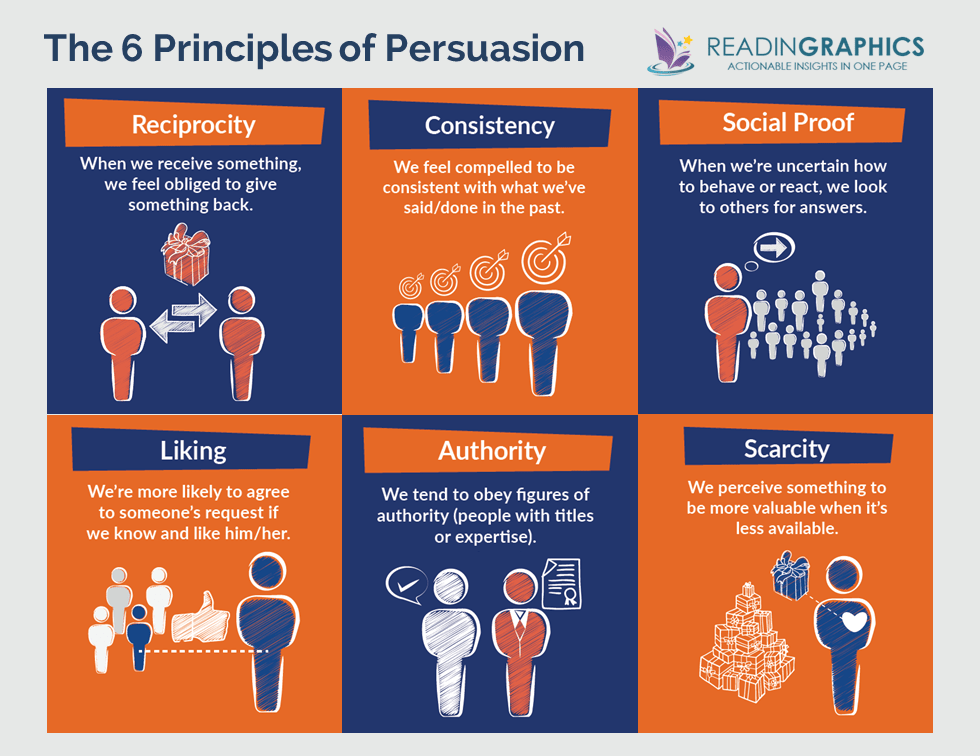
The Psychology of Persuasion in Marketing
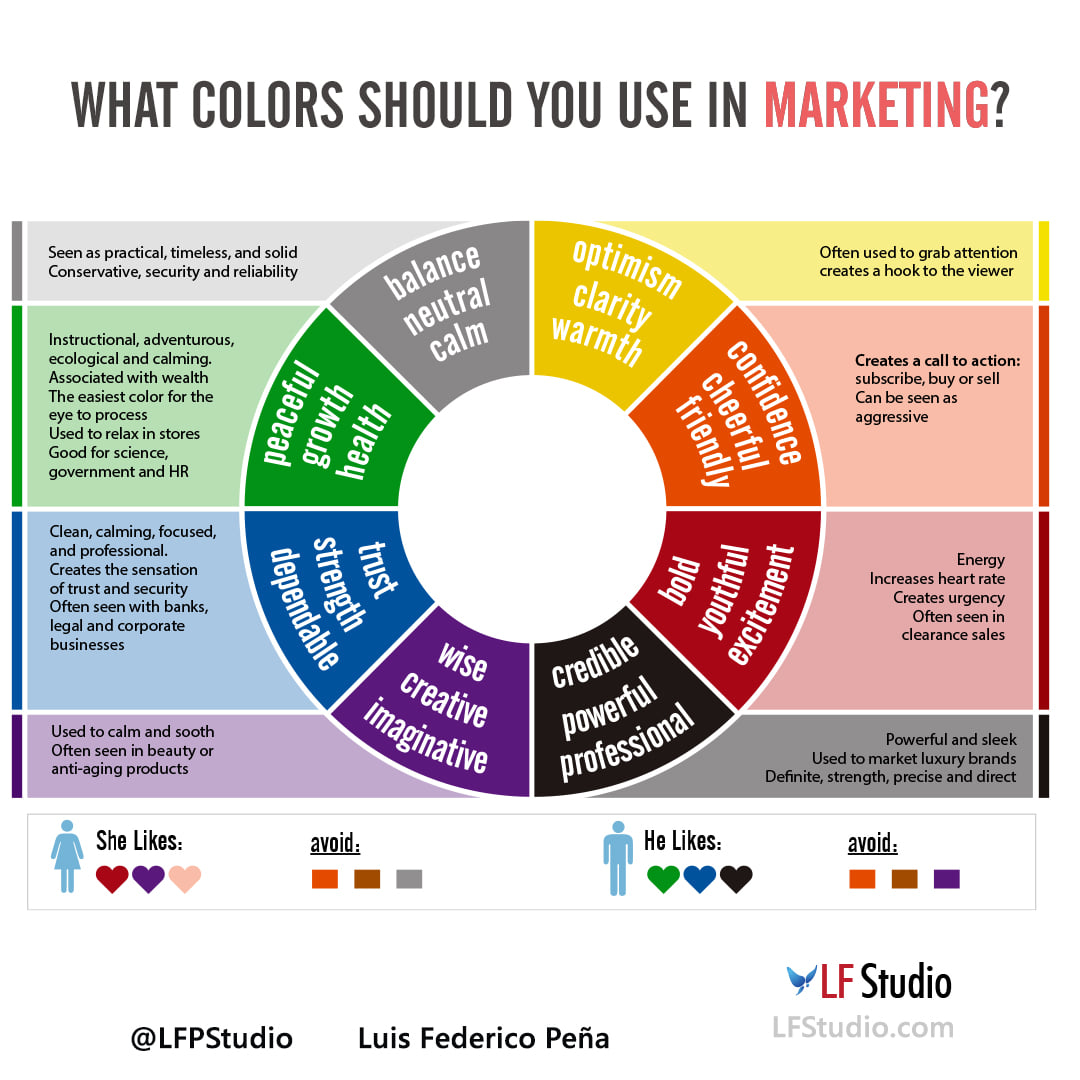
The Influence of Colors on Branding and Marketing Psychology



